The purpose behind ISO 15189 has already been established in previous blogs, but here is a short reminder…
ISO 15189 is specific to medical laboratories and sets out the requirements for quality and competence in medical laboratory testing. It covers all aspects of the laboratory, including management, personnel, infrastructure, and the laboratory’s processes and procedures .
What is the process behind ISO 15189 Service Agreements?
ISO 15189 orients external agreements towards the medical field. It divides this heading into two main group, the establishment of the service agreement and the review of such service agreement. As all standards, a documented procedure should be available to guide employees on how such agreements are kept and recorded. Before delving into the main requirements of the standard, it is important to understand that the each and every request accepted by the laboratory for examination shall be considered an agreement. A simple example of this would be an agreement with a specific department such as ICU department, which may require urgent blood tests or urine analysis for quick diagnosis.
Once such agreements are in place the laboratory shall ensure that specific conditions are in place. These are outlined in clause 4.4.1 of the mentioned document, which shall include the requirements of the customers and users, resources required, laboratory personnel, procedures to be used, information of any deviations and any needed referral.
It is important to note and identify, that such standards do not specify the form of such agreements i.e. digital or not. So, it is ultimately in the hands of the laboratory to use whatever format it needs, provided that the service user and the laboratory are in agreement. Two most common methods for such requests are electronic system or paper-bases systems. Both of these will be termed as request forms. These request forms shall have the requirements stipulated in the agreement, where an auditee might be able to refer back and get the necessary information when required.
Furthermore, traceability to the sample, or samples is crucial, and as such the request form should be able to follow through the life cycle of the sample, with the request being eventually attached to the report.
These ISO 15189 service agreements normally take form on a periodic review, where the laboratory will formulate an agreement with the end user. The most important aspects covered shall include type of analysis, timeframes for data reporting, sample frequency and also spec limits. Such an agreement, will allow the laboratory to issue data up to the clients’ requirements, with stipulated requirements and agreed analysis.
Laboratories must then be able to periodically review such agreements. This requirement is comparable to other ISO documents specifically ISO 9001:2015. Such reviews are a requirement to ensure that the laboratory and all relevant parties are keeping with the established agreements. Data should be recorded in a way, that during review a form of order acceptance can be carried out. This will allow that all contracts and/or orders would be able to be accepted only if the requirements are clear and understood.








